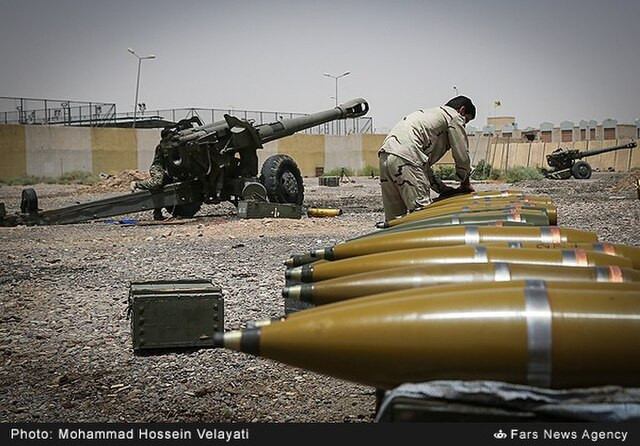A complex web of international manufacturing and covert operations is emerging as more details unfold regarding the explosive devices that detonated across Lebanon, killing at least 12 people and wounding nearly 3,000, including members of Hezbollah and Iran's ambassador to Lebanon. These explosions, which targeted pagers used by Hezbollah members, have escalated tensions in the Middle East, particularly between Hezbollah and Israel, raising fears of a broader regional conflict.
The devices, reportedly supplied by a Hungarian-based company under the name BAC Consulting, were manufactured under license from Taiwan's Gold Apollo. Gold Apollo, a small electronics manufacturer, vehemently denied any involvement in the explosions. "The product was not ours," said Hsu Ching-Kuang, founder of Gold Apollo, noting that the company's brand was used under a licensing agreement with BAC, but the devices were produced by the Hungarian firm. Hsu expressed shock, adding, "I am a businessman. How did I get involved in this attack?"
The pagers, once thought to be a low-tech means of communication used by Hezbollah to avoid Israeli tracking, were surreptitiously modified by Israel's intelligence agency Mossad, according to Lebanese security sources. These sources claim that Mossad planted explosive materials inside the pagers months before the detonation, turning an everyday communication device into a deadly weapon. "The Mossad injected a board inside the device that has explosive material," said one Lebanese source. These devices reportedly exploded simultaneously after receiving a coded message, with the explosives remaining undetected for months by Hezbollah.
The Lebanese Health Minister, Firass Abiad, confirmed that the attack resulted in 12 deaths, including two children, while nearly 3,000 were wounded, some critically. Footage reviewed by Reuters from hospitals in Beirut showed the extent of the injuries, with many victims suffering from severe facial wounds and missing limbs. This is being described by Hezbollah as the group's "biggest security breach" in its history.
In response, Hezbollah vowed retaliation, accusing Israel of orchestrating the massacre. "There will be a severe reckoning," the group said in a statement. The group's leader, Hassan Nasrallah, has long warned of the dangers posed by modern communication devices, even urging his followers to break or lock away their phones. Despite these warnings, Hezbollah chose to distribute pagers across various branches of its organization, including to fighters and medics, leaving them vulnerable to the attack.
The trail of these pagers leads back to Hungary, where BAC Consulting, a company with a wide range of business activities from IT consulting to crude oil extraction, played a key role in their production. BAC's CEO, Cristiana Barsony-Arcidiacono, confirmed her company's relationship with Gold Apollo but distanced herself from the events, stating, "I don't make the pagers. I am just the intermediate." The company's limited presence in Hungary has raised further questions about the true scope of its operations and involvement.
The fallout from the explosions is already being felt across the region. Hezbollah and Israel have been engaged in cross-border skirmishes since the onset of the Gaza conflict in October 2023, and this incident threatens to push the conflict into an even more dangerous phase. Israel's Mossad, known for its complex international operations, including cyberattacks and high-profile assassinations, is widely believed to have masterminded the operation, though Israeli officials have declined to comment.
In Jordan, Foreign Minister Ayman Safadi condemned the attack, warning that Israel's actions were pushing the region toward the brink of all-out war. "Hezbollah wants to avoid an all-out war," said Mohanad Hage Ali of the Carnegie Middle East Center. "But given the scale and the impact on families and civilians, there will be pressure for a stronger response."
As investigations continue, there is mounting concern that this attack represents a dangerous escalation in an already volatile region. Lebanon's foreign ministry has condemned the attack as a "cyber assault" and vowed to lodge a complaint with the United Nations. Meanwhile, officials in the U.S. and Europe are watching closely, worried that the situation could spiral into a wider conflict that might draw in other regional powers like Iran and Saudi Arabia.
Amid the growing tension, there is still much to be uncovered about the mechanics of this complex operation. N.R. Jenzen-Jones, director of Armament Research Services, noted that the scale and coordination of the attack point to a highly sophisticated supply-chain operation, further indicating the deep involvement of Israeli intelligence. "The scale suggests a complex supply-chain attack, rather than a scenario in which devices were intercepted and modified in transit," Jenzen-Jones commented.






